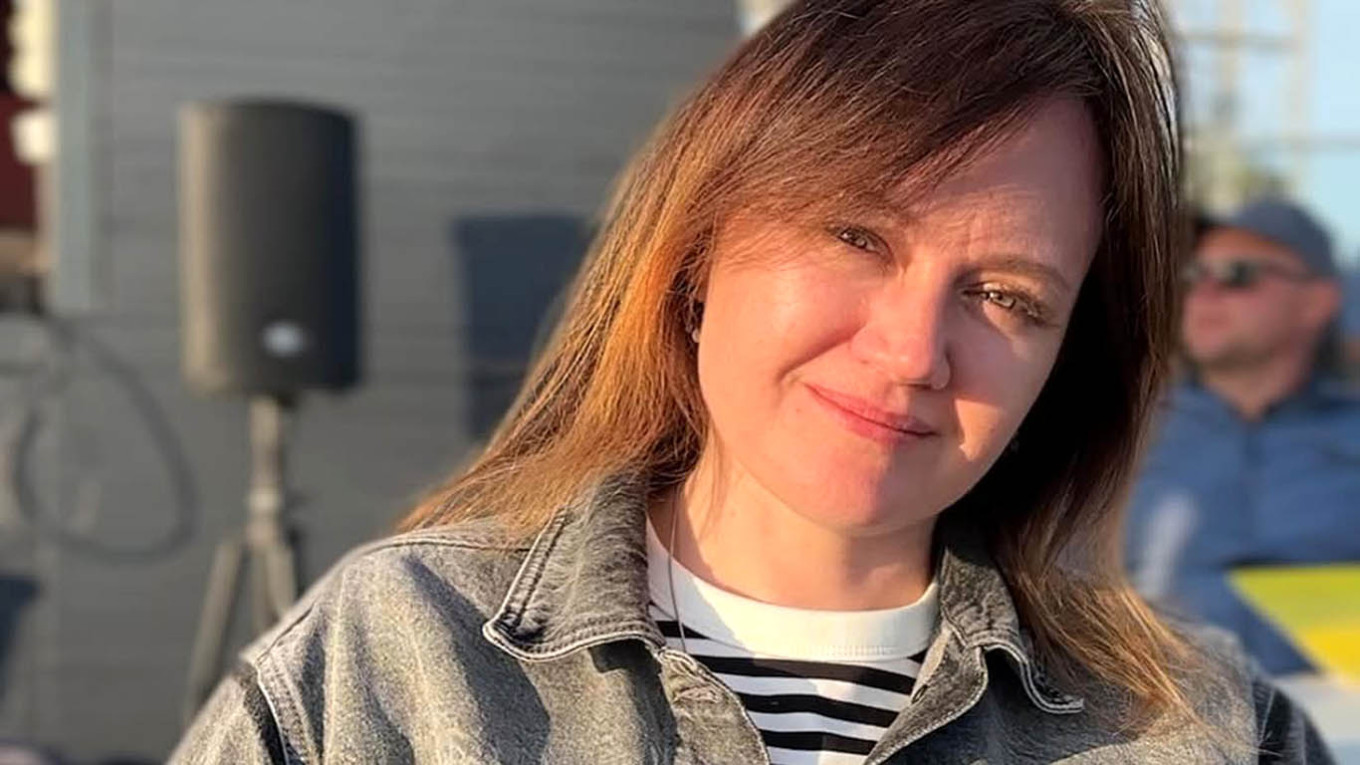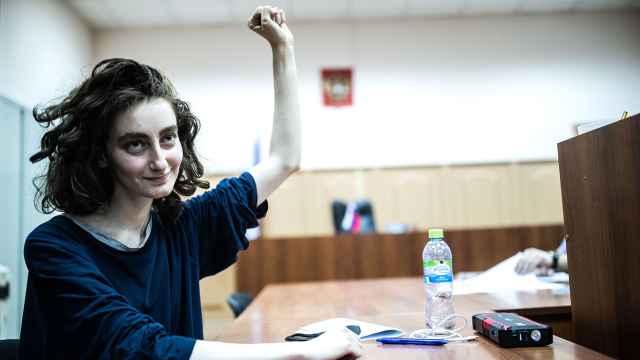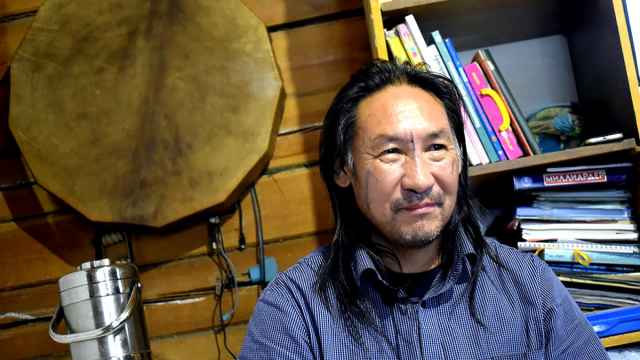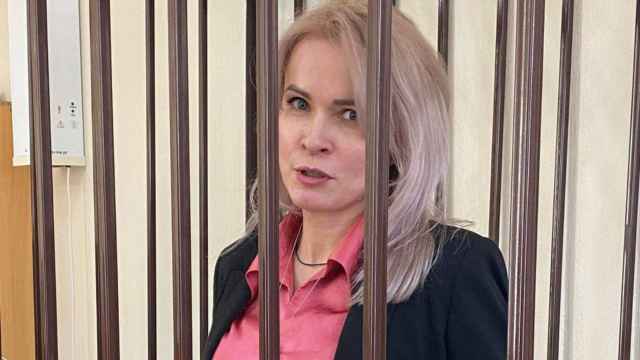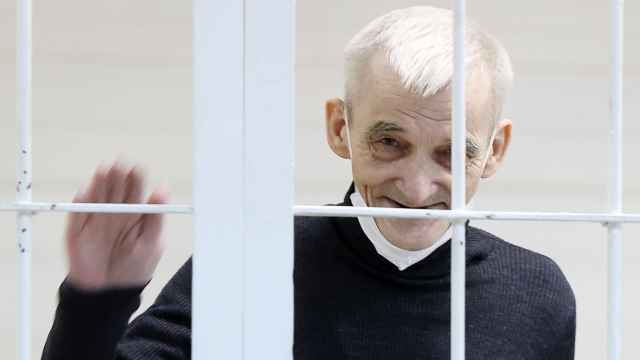Today, on the eve of the anniversary of our release on August 1, when I, along with other Russian political prisoners and foreign nationals, was freed from prison, I want to say THANK YOU!
This was an unprecedented international exchange, prepared by people whose diplomatic efforts remained invisible in pursuit of the highest goal — saving human lives.
I deeply appreciate this and want to thank all the countries that took part in the exchange:
Germany — for making an extraordinarily difficult and politically sensitive decision to release Vadim Krasikov — a prisoner serving a life sentence, whom the Russian side had originally demanded in exchange for Alexei Navalny. Despite the fact that Alexei was killed in prison on February 16, 2024, Germany still went ahead with this step — not for the sake of political balance, but to save the lives of others, including five German citizens. This decision required immense political will and a profound sense of humanitarian responsibility, and I am especially grateful for it.
The United States — for handing over Russian hackers and an FSB colonel.
Poland — for handing over a GRU agent.
Norway — for handing over a GRU colonel.
Slovenia — for handing over SVR agents.
Turkey — for providing a neutral platform for the exchange.
Poland, Norway, and Slovenia received nothing in return. Nevertheless, together with the other countries, they helped save the lives and futures of 16 people.
This entire exchange was originally planned in order to save Alexei Navalny, whom Putin ultimately refused to release and instead orchestrated his murder in prison. After the exchange, I cried a lot and I am still grieving that we did not manage to save Alexei in time.
I want to thank Yulia Navalnaya, Christo Grozev and Alexei Navalny’s close colleagues, who initiated this exchange and continued their efforts even after Alexei was gone.
I also want to thank everyone who helped me survive nearly three years of imprisonment — through letters, packages, deliveries, legal defense, support for my family and financial aid. And of course, I am endlessly grateful to my husband, Almaz Gatin, who was my rock and source of strength throughout this time. He managed to tell the world about me in ways no one else could or dared to. I believe that one of the reasons I was included in the exchange was precisely because my case was consistently publicised and my name was mentioned in the media, on social networks and at the international level. I thank everyone who spoke or wrote about me.
The worst thing for prisoners is to be forgotten. Because in that case, the chances of release become very slim. Today, nearly 10,000 political prisoners, including Ukrainian civilian hostages, remain behind bars in Russia. So I appeal to the families and loved ones of those imprisoned: raise your voices about political prisoners loudly and constantly. Share their stories in the media, post updates on social media, publish letters and health reports, and reach out to international speakers, human rights defenders and organisations.
[President] Vladimir Putin claims that caring for women is a part of our Russian traditions, that children are the country’s greatest treasure and that public health is a strategic priority. In reality, women, teenagers, and seriously ill people are persecuted in Russia for their political beliefs. So today, I also appeal to the international community:
Help free women, teenagers and those in need of medical help — save their futures!
Freedom to all political prisoners!
Lilia Chanysheva, July 31, 2025
A Message from The Moscow Times:
Dear readers,
We are facing unprecedented challenges. Russia's Prosecutor General's Office has designated The Moscow Times as an "undesirable" organization, criminalizing our work and putting our staff at risk of prosecution. This follows our earlier unjust labeling as a "foreign agent."
These actions are direct attempts to silence independent journalism in Russia. The authorities claim our work "discredits the decisions of the Russian leadership." We see things differently: we strive to provide accurate, unbiased reporting on Russia.
We, the journalists of The Moscow Times, refuse to be silenced. But to continue our work, we need your help.
Your support, no matter how small, makes a world of difference. If you can, please support us monthly starting from just $2. It's quick to set up, and every contribution makes a significant impact.
By supporting The Moscow Times, you're defending open, independent journalism in the face of repression. Thank you for standing with us.
Remind me later.



